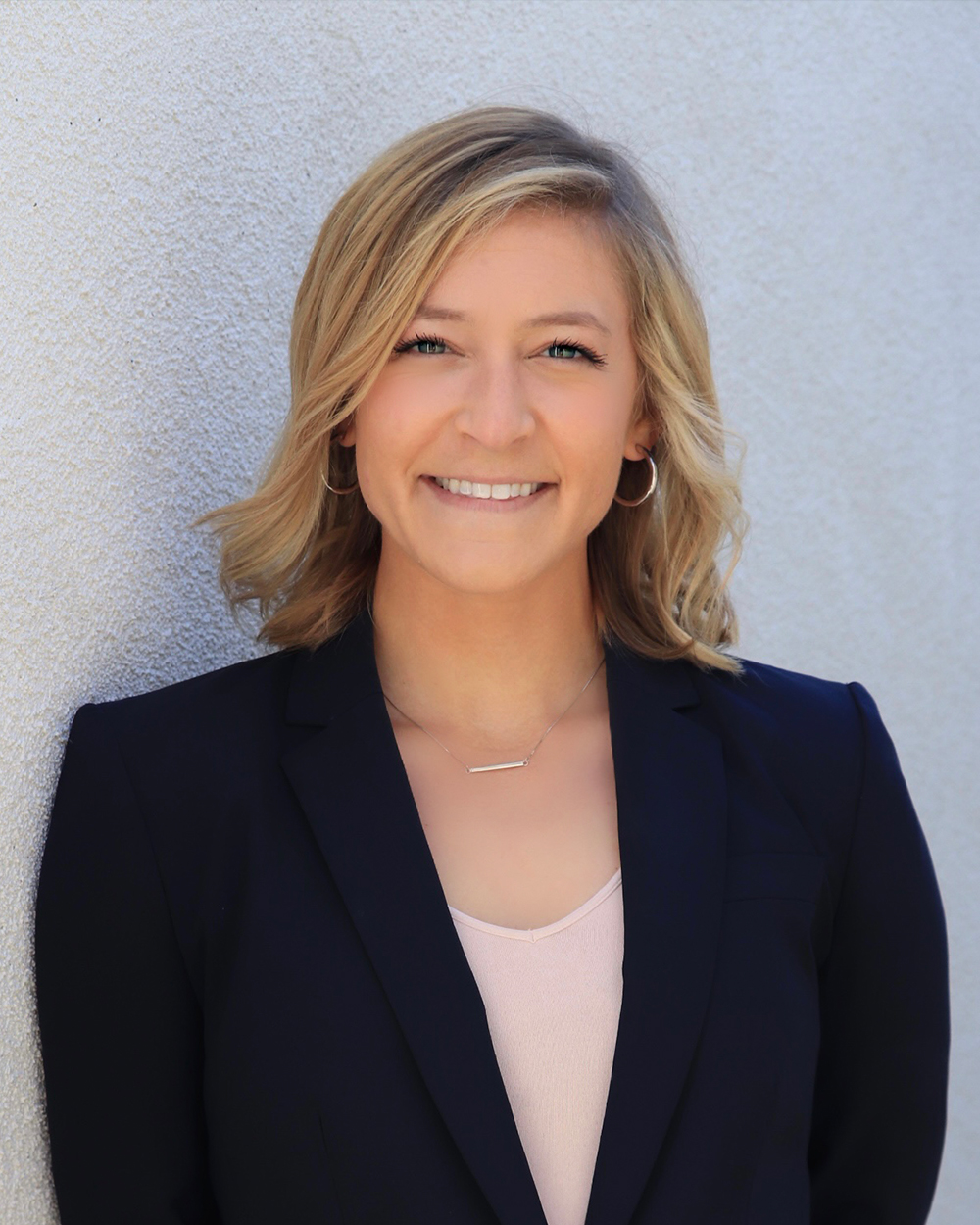Academics
- Concurrent Degrees
- Master of International Affairs
- Master of Public Policy
- Master of Chinese Economic and Political Affairs
- Master of Advanced Studies in International Affairs
- Ph.D. Political Science and International Affairs

The Master of Advanced Studies in International Affairs program at the School of Global Policy and Strategy is designed for seasoned professionals – with 5+ years of work experience – seeking higher-level organizational challenges with global implications. You’ll gain an executive’s mindset and skills that include policy analysis and formulation, cross-cultural diplomacy, and the ability to address regional-specific challenges with insight and precision. From here, you can make an impact anywhere.

• 9 months full-time
• 18 months part-time
On-campus
$1,046 per unit
48 (12 courses)
The program offers a comprehensive and highly personalized curriculum.
The MAS-IA requires 48 units for completion.
You’ll begin with two required core courses that give you a foundational understanding of global economies, as well as the systems and developments influencing policy creation. The core rounds out with a capstone workshop on policy issues. From there, you’ll choose a career track and regional interest.
Foreign
Private
Foreign
Public
U.S.
Military
Foreign
Military
U.S.
Nonprofit
U.S.
Private
U.S.
Public

Take a moment to read this short news story by David Boman, a 2018 MAS-IA graduate. As the policy landscape becomes more complex for global businesses, Boman says the skills he gained at GPS are more crucial today than ever.
The professionals who thrive in this program are driven problem solvers who want to create a better world. They’re curious, critical thinkers who break down silos. Students must have a minimum of five years of work experience for this program; for those with less experience, we recommend our two-year, full-time Master of International Affairs or Master of Public Policy.
About 34% of MAS-IA students are military officers, especially those representing the U.S. Navy and U.S. Army branches, while the remainder reflects diverse professional backgrounds, including market consultants, economists, analysts in policy, finance, or trade, foreign diplomats and ministry officials, and defense contracting analysts.
The MAS-IA curriculum has a total of 12 courses (48 credits), which is the same amount of coursework whether you enroll part-time or full-time. For full-time students, the degree takes one academic year to complete and requires that four courses be taken each quarter for three consecutive quarters (Fall, Winter and Spring). To accommodate working professionals, the program can be completed part-time in two years, with two courses taken each quarter for six quarters.
Please Note: only U.S. citizens and permanent residents are eligible for the part-time program; international students must enroll in full-time study to maintain non-immigrant (F-1 or J-1) status.
 Lt. Reed Harbeck, MAS-IA ‘23
Lt. Reed Harbeck, MAS-IA ‘23
U.S. Navy, San Diego, CA
“The MAS-IA degree’s Security of the Asia-Pacific track is exactly what I need for my future career. Thanks to this degree, I’ll have a much better understanding of what I’m walking into in my new role as a foreign area officer in Southeast Asia.”
 Rummer Bershtein, MAS-IA ‘21
Rummer Bershtein, MAS-IA ‘21
Booz Allen Hamilton, McLean, VA
“The professors taught me how to deep-dive into research and then curate that research into a coherent package. They also taught me to look critically at everything placed in front of me and gave me the resources to be a problem solver.”
While the primary deadline for applications has passed, we still encourage those interested to reach out to Janaye Barker to learn more about admissions for the 2025-26 academic year.
Looking to apply for Fall 2026? The application opens in September 2025, with our first deadline in October 2025.
To get started on your application for the Master of Advanced Studies in International Affairs (MAS-IA) degree program, keep these things in mind:
This may seem like a lot. But we host regular workshops covering these items — and a lot more — in greater detail.
Questions? Contact Janaye Barker at jmbarker@ucsd.edu.